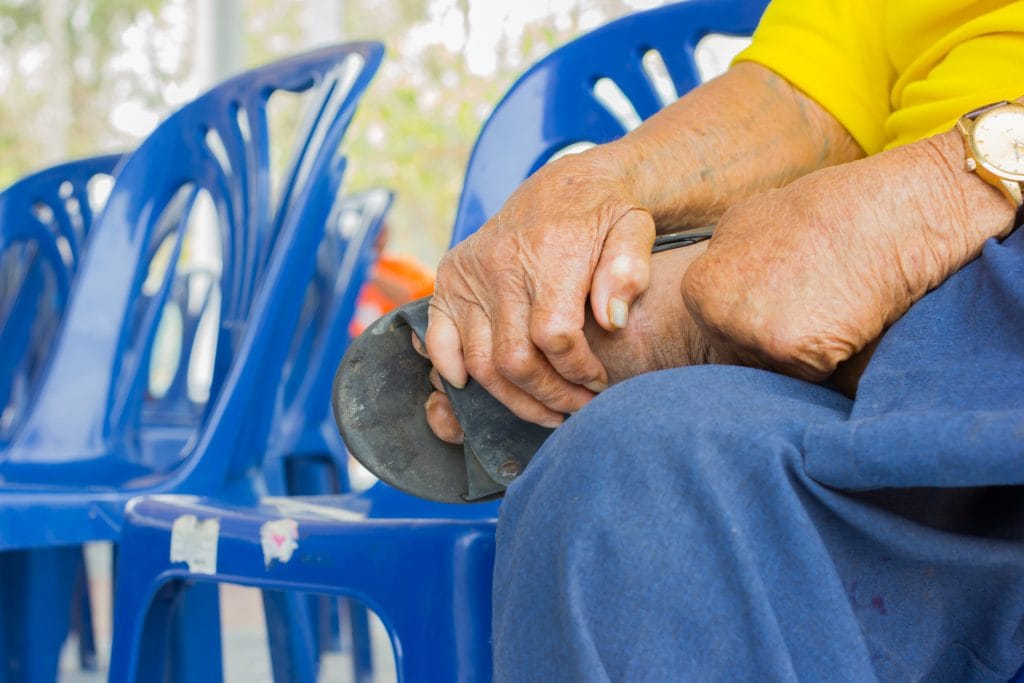 India may have officially eliminated leprosy in 2005. However, the battle against the disease is far from over.
India may have officially eliminated leprosy in 2005. However, the battle against the disease is far from over.
A spike in the number of new infections has furthered alarm that the disease may be showing signs of a resurgence in India. 90,709 cases of leprosy were recorded in the 2017-18 period, statistics suggest. This is up from 86,147 recorded cases in the 2013-14 period.
“India accounts for more than half of new cases of leprosy recorded every year”
The figures come on the heels of a World Health Organization (WHO) finding that India accounts for more than half of new cases of leprosy recorded every year.
The Leprosy Case Detection Campaign offered some hopeful news. Recent years reflect a decline in the number of recorded cases of leprosy. 16,097 cases were recorded in 2018, compared to 32,147 in 2017 and 34,730 in 2016. However, these figures may not tell the whole story.
As Health Issues India reported earlier this year, 135,485 new leprosy cases were recorded in 2017 by the Central Leprosy Division of the Union Ministry of Health and Family Welfare (MoHFW). This equates to a leprosy diagnosis every four minutes.
“This potentially entails that the disease was not in fact eliminated in 2005, given the implication that cases of leprosy may have gone under the radar”
As we noted, the spike in cases may not even be a case of a leprosy resurgence. “The numbers are rising because we are detecting more cases,” Anil Kumar, deputy director for leprosy at the MoHFW, insisted at the time. If true, this potentially entails that the disease was not in fact eliminated in 2005, given the implication that cases of leprosy may have gone under the radar.
Regardless, the volume of cases being reported does not bode well for government plans to eradicate the disease within the next few years. Fortunately, figures are still within the parameters of elimination. However, eradication requires incidence to be reduced to zero. Already a target outlined in the 2017 Union Budget of leprosy eradication by 2018 has been missed. Unless cases are fully reported and a cohesive response is taken by the health sector, eradication seems a long way off.

